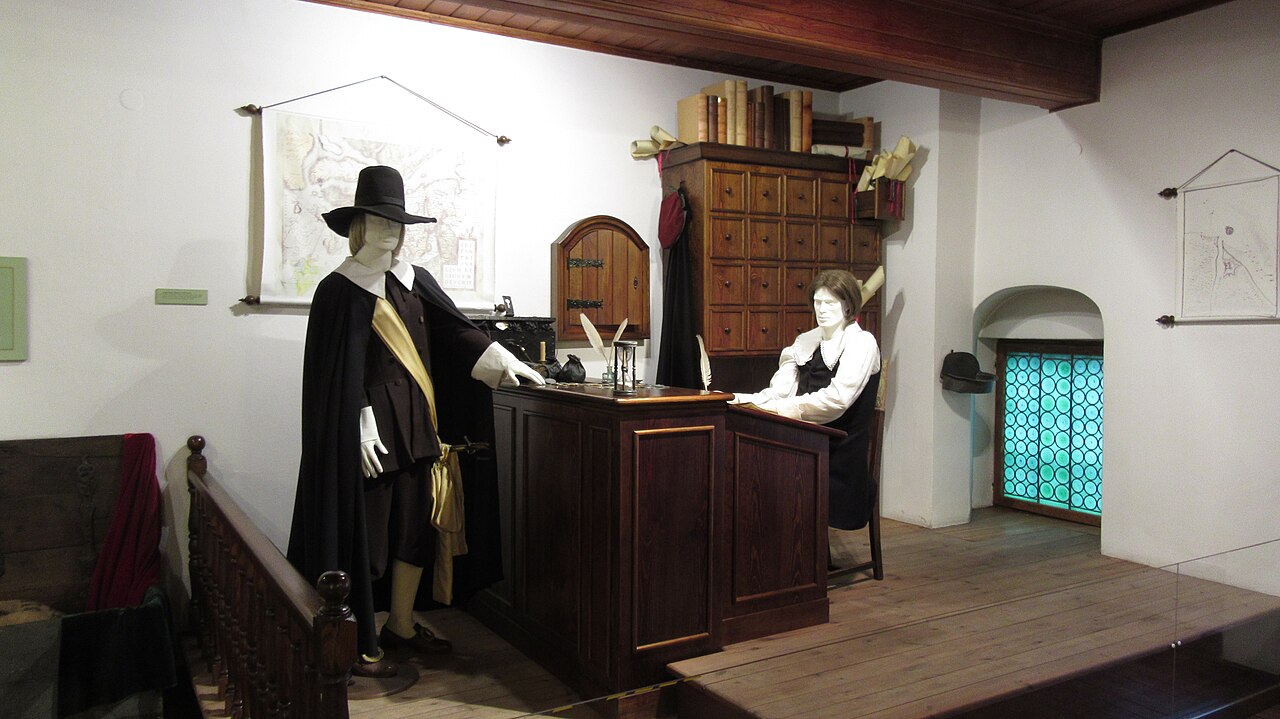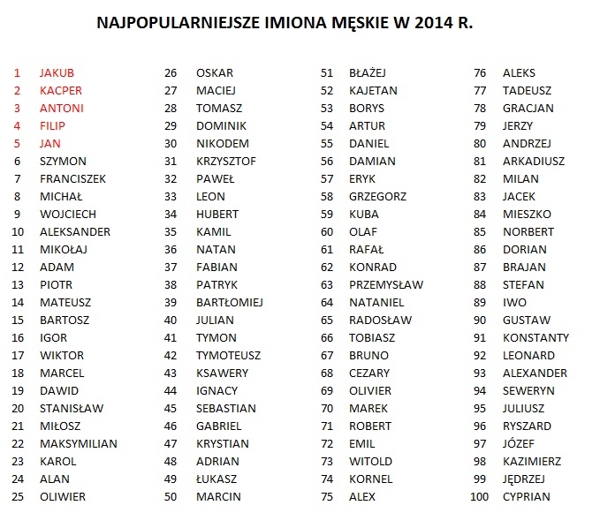WHAT WAS THAT … ?
If we asked a Polish nobleman from the 16th or 17th century, what is laszt, would know right away, that this is the measure of the grain, because the grains floated to Gdańsk were counted as rats. If we were to ask a serf peasant of those times, what is hiberna, would know without fail, because giving back hiberna, i.e. the so-called. Winter bread, for the benefit of the army was a heavy burden for its economy. Many words used in the past have become largely forgotten today. Instead, many others were created, incomprehensible to people of previous centuries. Well it was then…?
1. Alwar
2. Indignant
3. Gander
4. Henritian Articles
5. Jasyr
6. hussars
7. Warehouse law
8. Exile
9. Crown certificate
10. New Athens”.
Answers:
1. Alwar - the so-called Latin grammar written by a Portuguese scholar, Jesuit, was commonly called in Poland, Emanuela Alvareza. Therefore, this grammar was adopted in all Jesuit schools, also in Poland, and had many editions. W 1769 R. a malicious rhyme appeared: "Acquired Latin alone with Alvara will not do good to my son's homeland."
2. Indigenate - admitting a foreign nobleman to the privileges of the domestic nobility. No stranger could become noble, he should have tried to do so with the Seym. The relevant Sejm resolution was published in print. Gifted with indigene, he swore allegiance to the Republic of Poland, but by statute it was only in the third generation that his descendants could claim dignities.
3. Gąsior - a punishment measuring device, used in the feudal countryside. It consisted of two posts and two transverse boards, with openings for the head and hands of a man. The name came from here, that so placed, the man stretching his neck resembled a gander. This kind of punishment could have resulted in death by asphyxiation. The peasant in the gander was depicted in the famous watercolor by Norblin.
4. Henritian Articles - document submitted to 1573 R. to be sworn in by Henryk Walez at the assumption of the Polish throne. It contained fundamental rights, regulating the political system of the Republic of Poland, such as election of the throne and not imposing taxes on the nobility and not invoking a popular move without the consent of the Seym, convened at 2 patch. From then on, every Polish king swore these articles.
5. Jasyr - Tatar or Turkish captivity. Tatars often attacked Ukraine, Podole and Volhynia, ravaging villages, mansions and cities, uprowadzając w łykach pojmany lud. Prisoners were ransomed from the jasyr, richer for money sent by the family, poorer from contributions, but there were also such, which never returned to their homeland.
6. Hussars - heavy cavalry of the national heritage, w XVI i XVII w. belonged to the elite of the European cavalry, in the 18th century. now only the former glory was radiant. The most important victories won by the Polish hussars were Kłuszyn and Vienna. It was abolished only in 1776 R.
7. The warehousing law forced merchants carrying goods to deposit them in a privileged city and put them up for sale to local merchants. With a relative right of storage, goods that were not sold within a certain period of time could be transported on, in the case of the absolute composition, it had to be taken back. Kraków had the absolute right to store.
8. Outlaw - the penalty of exile. Banning from the city was equal to ordination, that is, the thief or the harlot led out by the henchmen with torches outside the city. Eternal banishment deprived the infamy, tj. a man sentenced to a civil death for a great crime, all rights. Such an outlaw was called and beheaded by the staroste.
9. Crown record - these are official books, in which files from the royal chancellery were entered. They have been preserved from 1447 R. The birth certificate was taken by the Swedes for Jan Kazimierz, but they returned according to the provisions of the Peace of Oliwa. W 1794 R. the Crown Archives with the record were taken to Russia, from where it returned only after the First World War.
10. W 1746 R. The encyclopedia of priest Benedykt Chmielowski entitled. New Athens, or the Academy of all scythia is full…” This work, soon reissued in 4 volumes, it contains a lot of chaotic messages, worshiping wonderful and strange things. It is a sad proof of the low level of noble culture of the Saxon times.


.jpg)



